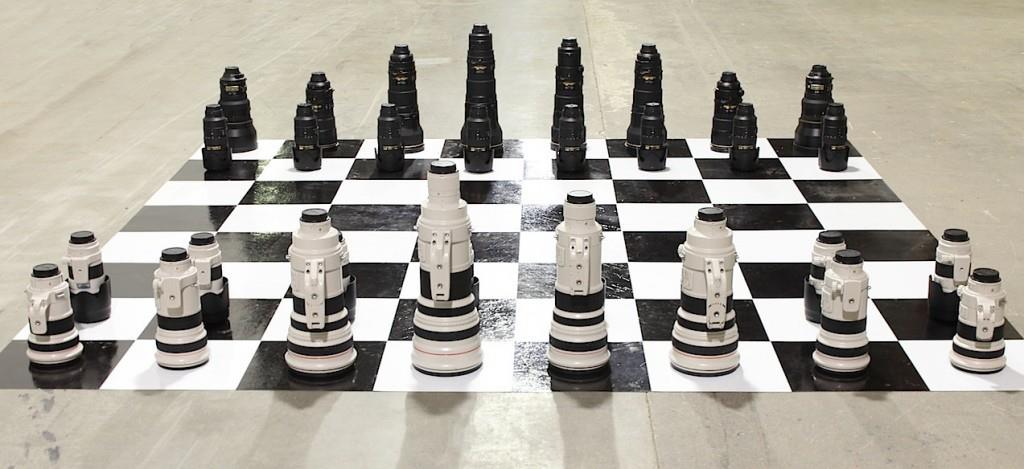
I have had this problem lately. I have been bumping into myself. Everywhere I go, I seem to be in my own way. I can't seem to get anything accomplished because I'm running in three or four different directions. Have you ever experienced that?
In Chess, the Pawns are aligned in front of the major pieces. The Pawns must be moved first before the Bishops, Rooks or Queen can get into the game. For new players, this is often an irritation. It seems that our development is being suppressed by these little meaningless pawns. In reality, these pawns serve a very important purpose. One of these is that they protect us from ourselves.
Pawns move one step at a time and they always move forward. The other pieces have the option of moving backwards. This is not the case with Pawns. They cannot be jumped over except by the Knight, but that's for a different lesson.
Here's the point, you are the chess player and every piece has its role. Good players master the small steps first. Once we learn master pawn movement, then we are prepared to bring out the more valuable pieces. In my life, I am a very good facilitator. Of all the things I do well, this is probably the most effective thing I do with the least amount of effort. On the road to mastery, one practices a single activity or action until it becomes second nature. Once you reach that level of automation, you can graduate to improvisation.
My advice to you is to do the small the things so well that they disappear. When your effort is reduced to effortless, you have move out of your own way, until tomorrow.
In Chess, the Pawns are aligned in front of the major pieces. The Pawns must be moved first before the Bishops, Rooks or Queen can get into the game. For new players, this is often an irritation. It seems that our development is being suppressed by these little meaningless pawns. In reality, these pawns serve a very important purpose. One of these is that they protect us from ourselves.
Pawns move one step at a time and they always move forward. The other pieces have the option of moving backwards. This is not the case with Pawns. They cannot be jumped over except by the Knight, but that's for a different lesson.
Here's the point, you are the chess player and every piece has its role. Good players master the small steps first. Once we learn master pawn movement, then we are prepared to bring out the more valuable pieces. In my life, I am a very good facilitator. Of all the things I do well, this is probably the most effective thing I do with the least amount of effort. On the road to mastery, one practices a single activity or action until it becomes second nature. Once you reach that level of automation, you can graduate to improvisation.
My advice to you is to do the small the things so well that they disappear. When your effort is reduced to effortless, you have move out of your own way, until tomorrow.
 RSS Feed
RSS Feed
